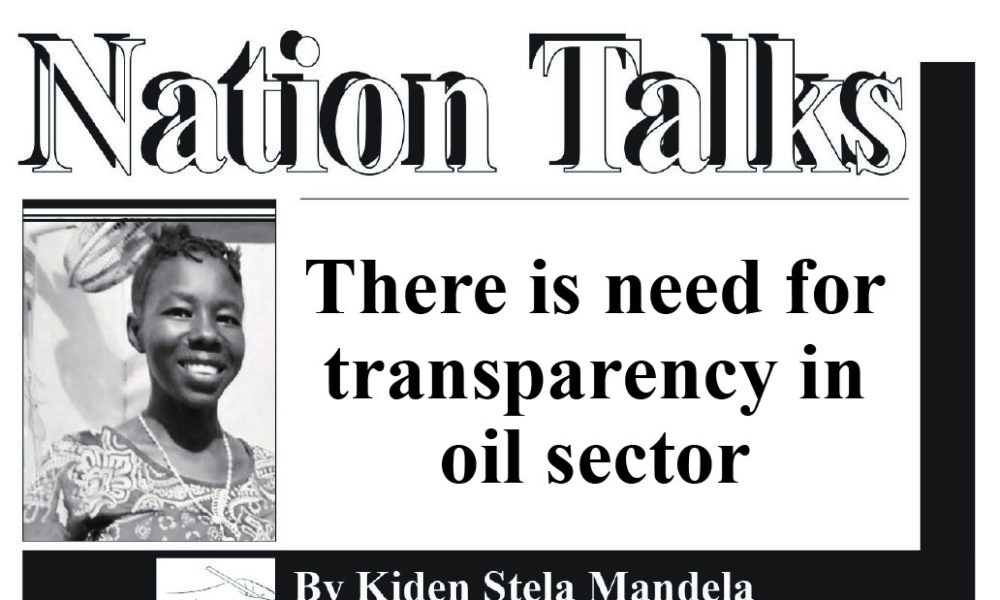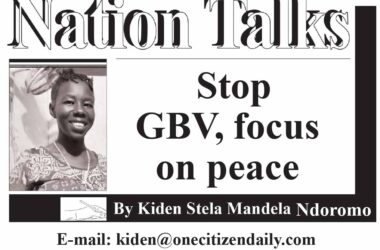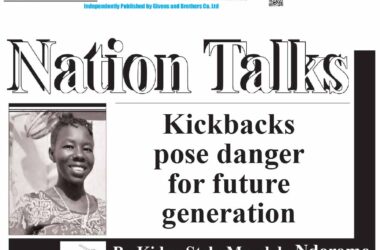As South Sudan’s oil production resumes following the temporary halt due to Sudan’s security challenges, there is a renewed urgency for transparency and accountability in the management of the country’s oil profits.
The government’s recent delegation to Port Sudan to confirm the resumption of crude oil flow underscores the need for strict regulations to prevent corruption and ensure that oil revenue benefits the South Sudanese people.
It is good that with the reopening of the oil flow, the government should put in new regulations to address the issue connected to corruption and ensure proper use of the oil revenue from the sales. It would also be good if the government could decree out the current crude oil sales committee and replace it with new ones to ensure transparency and accountability and to manage the issue of environmental degradation. The communities around need to benefit from the oil mining.
South Sudan is among the richest countries in the world; with resources such as oil, gold, diamonds, cement, copper, and natural soil for agricultural development, it would not have been an issue, and even borrowing money would somehow stop. But this country’s corruption is beyond the limit of its nature. Borrowing has become the order of the day in the country; it is sad that South Sudan still feeds on donations. Yet in a day, South Sudan produced 150,000 barrels of oil before the war broke out in Sudan, apart from other sources, and still keeps on borrowing and receiving donations. The question is, where does the money obtained from the oil, gold, copper, and many resources go? Is it to individual pockets or kept outside the country? The communities don’t get either 2% or 3% of the querying sectors—no good schools, hospitals, or even clean drinking water.
Corruption of any nature is an illegal practice that deprives the rights and needs of one another. It normally comes in when there are no well-established systems or institutions characterized by a bad culture of governance and greed for wealth. It is a major threat to the prosperity of any society and the reason for underdevelopment and poverty.
Corruption lacks a unified definition because of the complexities and the ways it’s done by anyone who feels to cheat the other. It involves abuse of public office for personal interests, bribery, fraud, embezzlement, deception, illicit dealings, and so on. The government has a big role in fighting corruption but is also vulnerable to corruption itself if there is no sound leadership and public institutions in place.
The dynamics of corruption in South Sudan have two folds; the first is bottom-up, where low officials are involved in the practices and then share the proceeds with the high-ranking officials.
And the high-ranking officials plan and direct the low officials to execute the corruption practices while keeping the interest shares of both. In these cases, top officials guarantee protection from firing and prosecution if the issue arises in the public domain. And it’s one of the conditions for employing or appointing an official because it has been institutionalized.
I’m requesting our leaders to make use of the money from the oil and gold to sponsor other programs and should not stick to donations or credits because it will be a burden to the upcoming generations. They should take examples of other countries, just as Uganda and Kenya, which do not have such resources but have developed. Because if this is the spirit, we don’t know what will happen, or maybe the country will be given out for paying credits.
God protect South Sudan.
Be right there!




